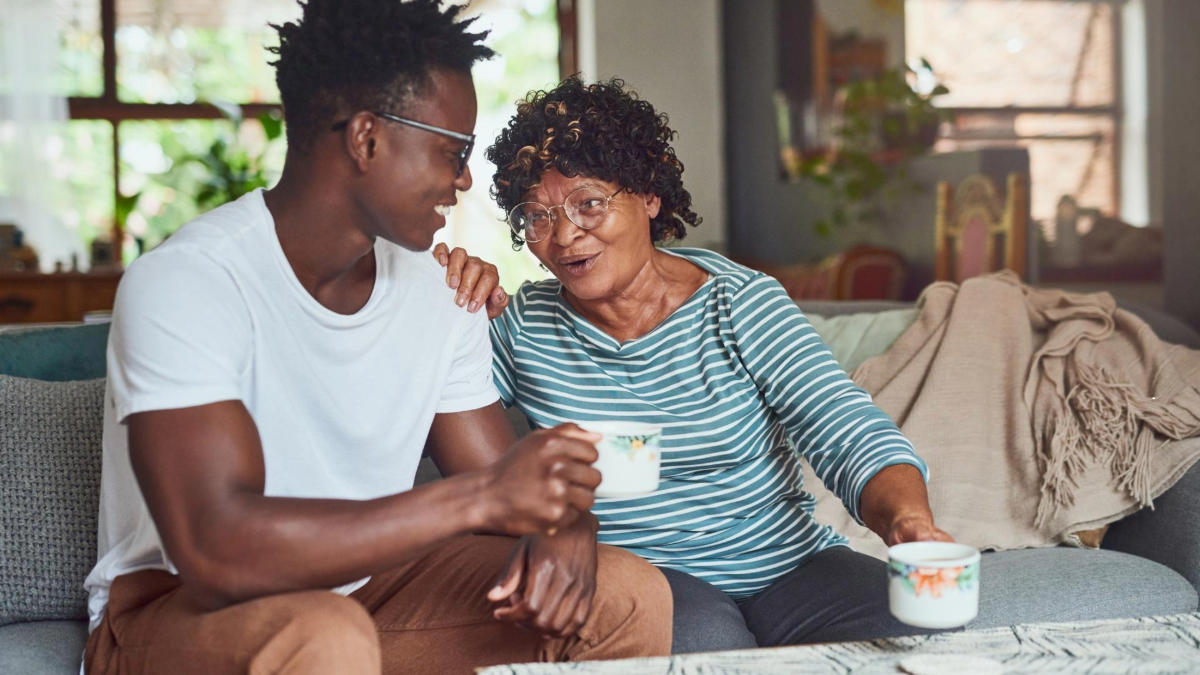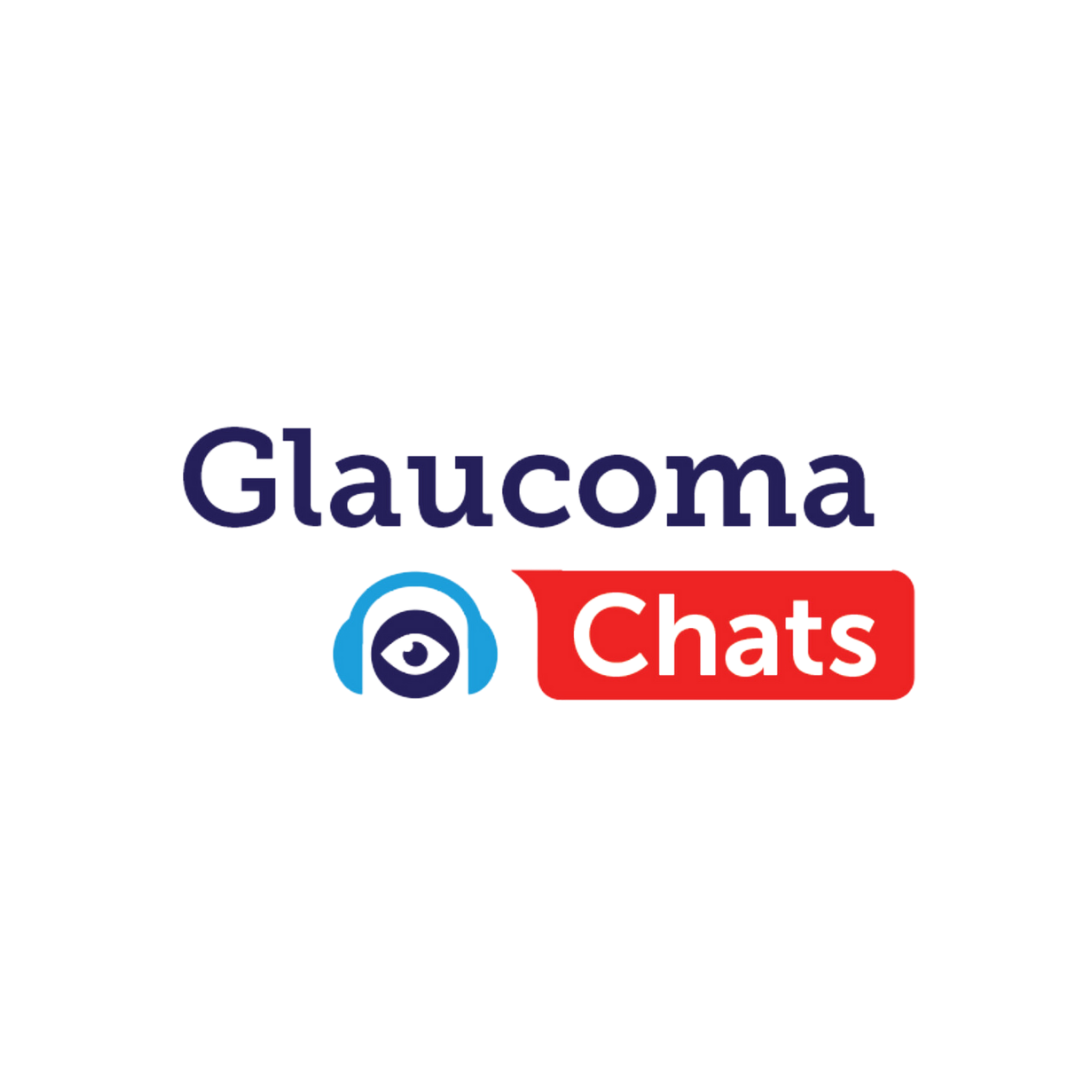Living With Glaucoma
If you or a loved one receives a diagnosis of glaucoma, it can be very stressful. Learning more about the disease, how to manage it, and how to cope with vision loss can help relieve your worries and take charge of your eye care. The best way to adapt to vision loss is to learn new ways of doing things.

Glaucoma: What to Expect
Glaucoma is a leading cause of irreversible blindness, and vision lost to glaucoma cannot be regained. However, there is hope— even though there is no cure for glaucoma, medications and surgery can help slow the disease’s progression. By learning more about the disease and how to manage it, you can take charge of your eye care.
How to Cope With Glaucoma
Visual Rehabilitation for Glaucoma
Visual rehabilitation can help you adjust and function better with your remaining vision, although it cannot restore permanent vision loss. Steps toward visual rehabilitation include:
- Talk to your doctor: Tell your eye doctor about any limitations you are experiencing due to your vision loss.
- Get Your Prescription: Your doctor can then prescribe optical devices, such as magnifiers.
- Find Your Personalized Plan: Your doctor may refer you to a vision rehabilitation center, eye clinic, or other organization where a low-vision therapist can make personalized recommendations to help you adapt to daily living activities.
Using Your Other Senses
Most people with low vision are surprised to find out how much information they can gather from their senses of hearing, touch, and even smell.
- Hearing and Listening Better: Tuning into your sense of hearing in practical ways will help with daily activities. For example, learning to locate the sound of the hum of the refrigerator can signal that you are entering the kitchen. Hearing the sound of cars and other outside street noises indicates an open window and its location.
- Using Touch: Those with low vision can also learn to rely more heavily on their sense of touch. Selecting clothes from the closet, for example, will be easier if you focus on the textures of fabrics and associate them with mental pictures of certain garments.
- If you have severe vision loss, using a cane or walker outdoors will allow you to obtain more information about the environment. These “feelers” will help detect changes in the pavement, the proximity of objects, and the presence of stairs.
Prioritize Home Safety
Ask friends, family, and volunteer groups for help implementing adaptations that reflect your needs, help you function better in your home, and increase your enjoyment of life. General guidelines to help adapt your home:
- Increase lighting for tasks
- Control glare
- Use magnification
- Increase contrast
Healthy Living With Glaucoma
A healthy lifestyle that includes regular exercise and a nutritious diet is especially important for people with glaucoma or at risk of developing it. It benefits overall physical and mental well-being and promotes eye health. Maintaining mental and emotional health is also important.
Eat a Varied and Healthy Diet
Carotenoids, vitamins A and D, zinc, and omega-3 fatty acids may all contribute to better vision, although there is no scientific evidence suggesting that certain vitamins and minerals prevent glaucoma or delay its progress.
Try to Exercise Daily
Some studies indicate that exercise can lower eye pressure. Aerobic activities such as walking, swimming, or even working in the yard are recommended. Always consult a doctor before beginning any exercise program.
Prevent Overexposure to Sunlight
Wear wide-brimmed hats and high-quality sunglasses with 99 to 100 percent UVA and UVB protection to prevent overexposure to sunlight.

Building Your Support System
If you or a loved one is diagnosed with glaucoma, it can feel daunting to learn how to cope with low vision. Building your support system of family, friends, and community providers is of utmost importance.
How To Find Support Once Diagnosed:
- Build your medical support team, including eye care specialists and low-vision therapists, to help you manage your care and continue daily activities with the help of various supports.
- Find an eye doctor who’s right for you to coordinate your treatment plan with your support team.
- Openly communicate and ask for help. Have a frank discussion with friends and family about what you need and where you could use some assistance.
- Learn about federal, state, and local government benefits programs to help with costs and find other resources.
- The website Lotsa Helping Hands makes it easy to ask family and friends to help. This online tool provides a free private group calendar for caregivers, friends, family members, and other volunteers. Our service brings together caregivers and volunteers through online communities that organize daily life during times of medical crisis or caregiver exhaustion in neighborhoods and communities worldwide.
Confused by the Medical Lingo?
Were you or a loved one recently diagnosed with glaucoma but feel lost when trying to decipher the diagnosis given by your physician? Use our handy disease glossary to learn more about the terms you’ve been hearing.
Search for a Glaucoma Clinical Trial
Clinical trials are crucial to advancing the most effective medical approaches. Today’s studies will lead to new standards of care in the future.
Support Vision-Saving Research
More than 4 million Americans are living with glaucoma. Your gift can help fund research that could protect their sight and provide vital information to the public.

Resources
Recent Resources & Information

Expert Information
Financial Aid for Glaucoma Medications
Learn about financial aid resources that may be available to help cover the costs of your glaucoma prescription medications.

Glaucoma Chats
Gathering Support For Your Glaucoma Diagnosis
Join Dr. Lawrence S. Geyman as he outlines effective ways to find support for your glaucoma diagnosis.

Expert Information
Top Holiday Travel Tips for People with Low Vision
An expert shares must-know travel strategies and essential apps for a successful trip with low vision.

Glaucoma Chats
Can Glaucoma Be Prevented? The Science Behind Risk Reduction
Join us for a conversation with Dr. Rebecca Sarran, a leading glaucoma specialist, as she discusses the latest research on reducing the risk of glaucoma.

Expert Information
How to Ask Family About Glaucoma History: A Conversation Guide
Uncover how to discuss glaucoma's hereditary aspects with relatives using our conversation guide.

Glaucoma Chats
Latest Updates on Glaucoma Eye Drops
Dr. Natasha Nayak Kolomeyer, glaucoma specialist and ophthalmologist at Wills Eye Hospital, discusses various types of eye drops used in glaucoma treatment, how they work, potential side effects, and tips for managing challenges associated with their use.



